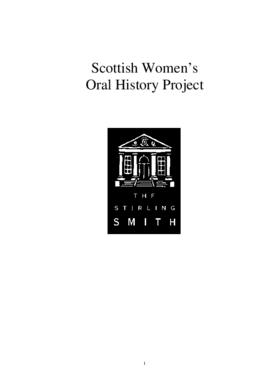A set of course unit packs produced by staff of the University of Strathclyde and staff of the government-sponsored Scottish Further Education Unit, and funded by the Department of Education, Strathclyde Regional Council. The packs contain materials to support the Certificate/Diploma in Adult Guidance course offered in the Faculty of Education, University of Strathclyde.
The Certificate/Diploma course programme comprised 24 units (seven core units and 17 elective units) covering different areas of adult guidance. It was devised as a staff development package for those working with adults in broadly educational settings (in colleges, community education, the careers service and in secondary schools). The units were accredited, with completion of the seven core units plus a total of six elective units leading to the Diploma in Adult Guidance, awarded by the University of Strathclyde. Each unit pack consists of a unit descriptor, a delivery overview, assessment guidelines, resource materials (including information sheets and activity sheets), assessment sheets and a unit evaluation form.
Note: this set is incomplete, lacking two of the seven core unit packs (those missing are 'Counselling Skills' and 'Organisational Guidance Policy (Double Unit)').
Core Unit Packs:
- Interviewing Skills
- Information Systems
- New Technology and Computer-Assisted Guidance
- Quality Assurance in Guidance
- Guidance Networks
Elective Unit Packs:
- Guidance and Marketing
- Pre-Entry and Induction Guidance
- Pre-Exit Guidance
- Guidance and Staff Development
- Guidance for Adults with Disabilities or Learning Difficulties
- Performance Indicators and Output Measures in Guidance
- Recognition and Accreditation of Prior Learning
- Equal Opportunities
- The Management of Adult Guidance
- Guidance for Minority Ethnic Clients
- Accrediting Work-Based Learning
- Guidance and Tutoring
- On-Going Guidance and Learning Support
- Vocational/Careers Guidance
- Adult Guidance in the Secondary School
- Community-Based Guidance
- Customer Care and Student Services

